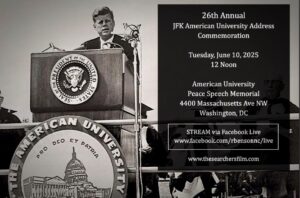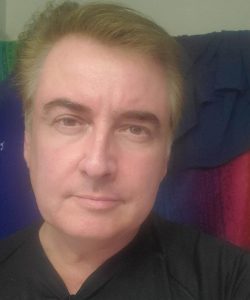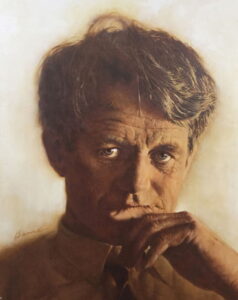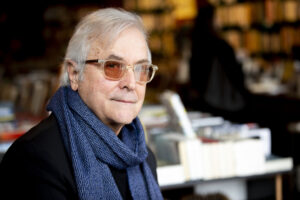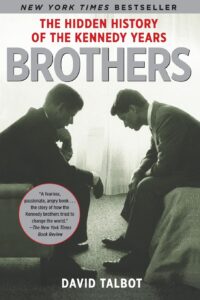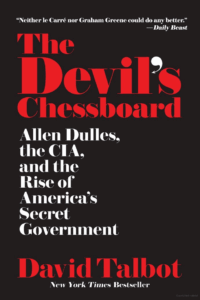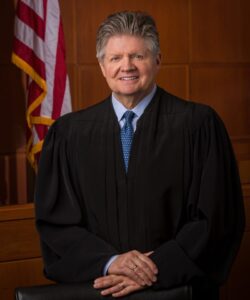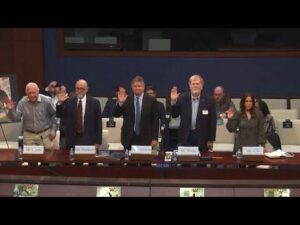The materials are scheduled to be unsealed in 2027, but President Trump signed an executive order in January aimed at moving up the date.

Dr. Martin Luther King, Jr. Credit, Evening Standard/Hulton Archive, via Getty Images
A federal judge in Washington said on Wednesday that he was open to lifting a court order ahead of schedule to release potentially sensitive documents related to the assassination of the Rev. Dr. Martin Luther King Jr., nodding to an executive order President Trump signed in January aimed at achieving that outcome.
During a hearing on Wednesday to discuss the possibility, Judge Richard Leon of the Federal District Court for the District of Columbia nonetheless cautioned that he intended to proceed slowly and prioritize privacy in an extended process to determine whether any documents should be released before 2027, the date that another judge set in 1977 for the documents to be unsealed.
Judge Leon said he would start by ordering the National Archives to show him — and him alone — an inventory of all the sealed materials related to Dr. King that have been stored there.
He said that the inventory, which the government says it has not reviewed, might help shed light on whether documents specifically related to Dr. King’s assassination in 1968, and the investigation by the Federal Bureau of Investigation that followed, had been separated out and could be efficiently processed.
The hearing on Wednesday came through a lawsuit brought by the Southern Christian Leadership Conference, the civil rights organization based in Atlanta associated with Dr. King, which has sued to halt any effort to unseal documents early.
It came in response to an executive order Mr. Trump signed in January that directed intelligence agencies to set in motion plans to release records related to the assassinations of Dr. King, President John F. Kennedy and Senator Robert F. Kennedy.
During Wednesday’s hearing, Johnny Walker, a lawyer for the Justice Department, proposed that Judge Leon authorize the department’s agents to look through the papers first and to fish out a subset that the court and associates of Dr. King could then approve for release.
Mr. Walker said the group would steer clear of potentially damaging details about Dr. King’s life that might have been stored in F.B.I. surveillance records that the Trump administration has moved to unseal.
Sumayya Saleh, a lawyer representing the Southern Christian Leadership Conference, said that the larger effort was part of a “deliberate effort to undermine the civil rights movement” and to “discredit” Dr. King’s legacy. She said it was far too difficult to define what documents were solely related to Dr. King’s death and that the government was asking the court to defy its own ruling from 48 years ago.
Judge Leon said the proposals discussed at the hearing were “the first few steps in a journey” that could take several years.
“This is delicate stuff,” he said.
However, he added that if the two sides could reach an agreement on a way to jointly review the sealed documents and settle on a subset that both felt could be made public, he could “bless” that decision and move more quickly to unseal them.
“Keep the lines of communication open,” he said. “That’s in everyone’s interest, including the president’s.”

